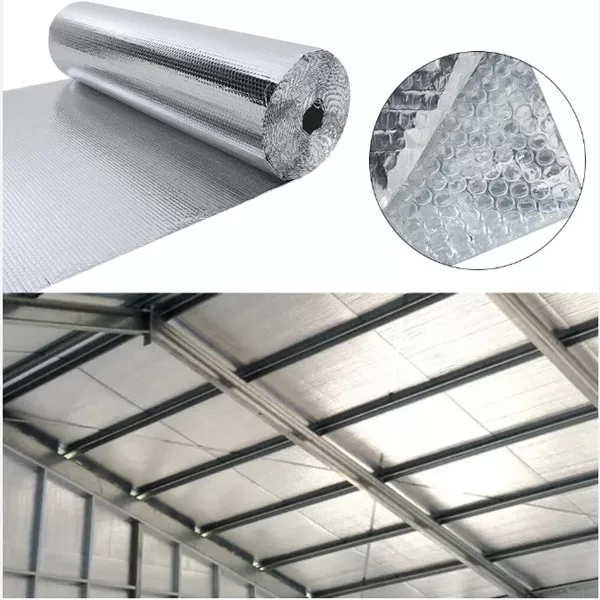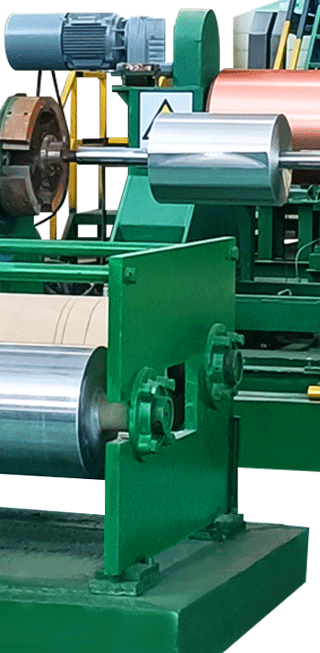Can You Insulate a Roof with Aluminum Foil?
In the quest for energy efficiency and cost savings, homeowners and builders are constantly seeking innovative solutions to insulate their homes effectively. One such method that has gained attention is using aluminum foil for roof insulation. But does it really work, and what are the benefits? In this article, we’ll explore the ins and outs of insulating a roof with aluminum foil and its potential advantages.

What is Aluminum Foil Insulation?
Aluminum foil insulation, also known as radiant barrier insulation, involves installing a layer of reflective foil material under the roof rafters or on the attic floor. This foil reflects radiant heat away from the living space, helping to maintain cooler temperatures in the summer and warmer temperatures in the winter.
How Does it Work?
Unlike traditional insulation materials like fiberglass or foam, which primarily slow down heat transfer through conduction or convection, aluminum foil insulation works by reflecting radiant heat. When the sun’s rays hit the roof, the foil reflects a significant portion of the heat back towards the outside, preventing it from penetrating into the home. Similarly, during colder months, the foil helps to trap heat inside, reducing heat loss through the roof.
Benefits of Aluminum Foil Insulation:
Energy Efficiency: By reducing heat transfer through the roof, aluminum foil insulation can help lower energy consumption for heating and cooling, leading to potential savings on utility bills.
Comfort: With improved thermal insulation, homes stay cooler in the summer and warmer in the winter, creating a more comfortable indoor environment for occupants.
Moisture Resistance: Aluminum foil is inherently resistant to moisture and does not absorb water, helping to prevent mold and mildew growth in the attic or roof space.
Longevity: Aluminum foil insulation is durable and resistant to wear and tear, providing long-lasting thermal protection for the home.
Easy Installation: Compared to traditional insulation materials, aluminum foil insulation is lightweight and easy to install, making it a convenient option for DIY enthusiasts or professional contractors.
Considerations Before Installation:
While aluminum foil insulation offers many benefits, it’s essential to consider a few factors before installation:
Compatibility: Ensure that aluminum foil insulation is compatible with the existing roofing materials and ventilation systems in your home.
Ventilation: Proper attic ventilation is crucial to prevent moisture buildup and maintain the effectiveness of the insulation.
Local Climate: The effectiveness of aluminum foil insulation may vary depending on the climate in your region, so consider consulting with a professional to determine the best insulation solution for your home.
Aluminum Foil Insulation
Insulating a roof with aluminum foil can be an effective and energy-efficient solution for homeowners looking to improve the comfort and efficiency of their homes. By reflecting radiant heat and providing thermal insulation, aluminum foil insulation offers a range of benefits, including energy savings, improved comfort, and durability. However, it’s essential to consider factors such as compatibility, ventilation, and local climate before installation to ensure optimal performance and longevity. With proper planning and installation, aluminum foil insulation can help homeowners unlock efficiency and savings for years to come.
Leave a Comment
You must be logged in to post a comment.


